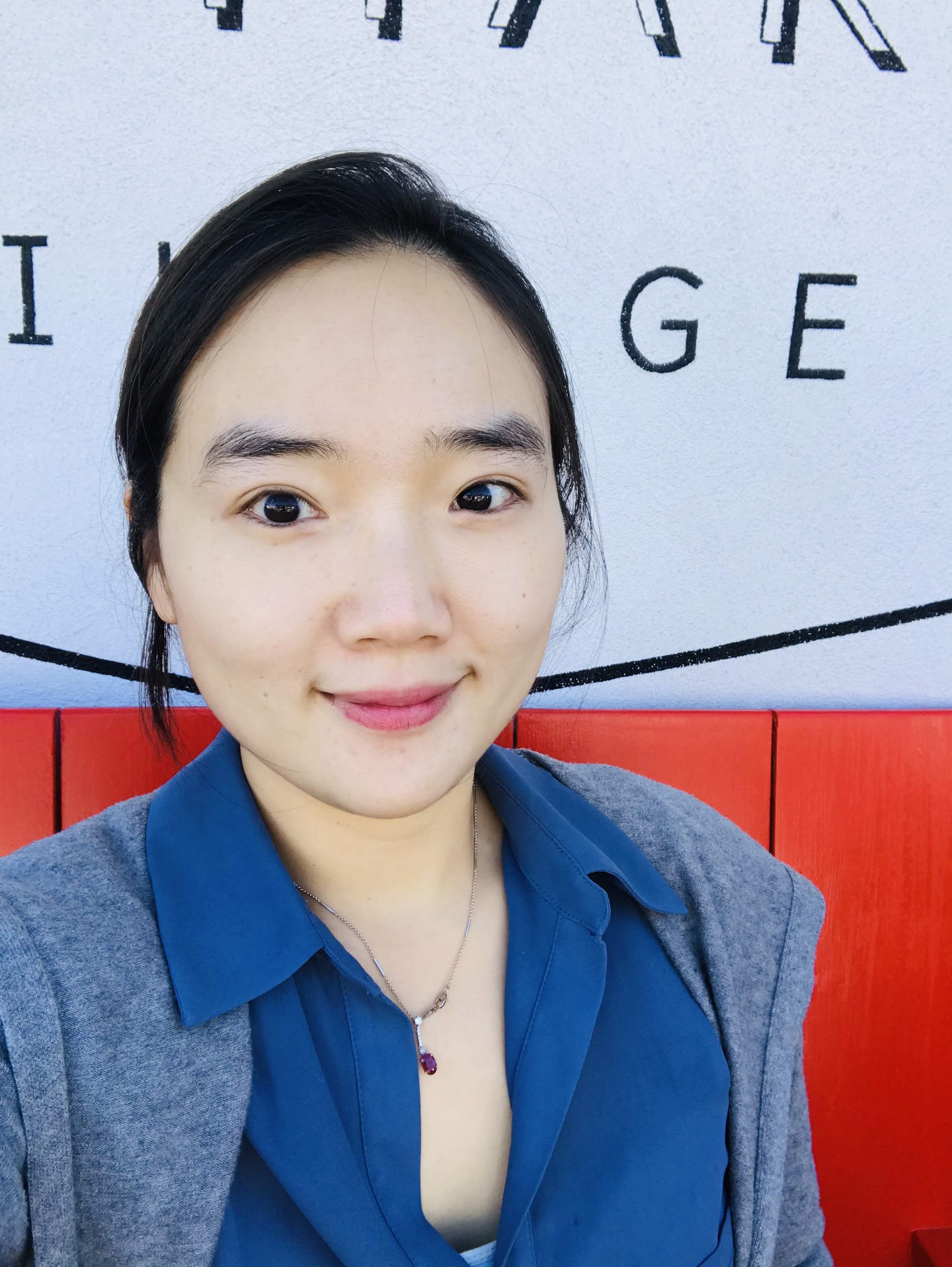StoryAI: AI-powered story-authoring platform for young learners
StoryAI is an educational content creation platform for teachers, parents, and their students in K to 8th to support scaffolded, culturally responsive, and open-ended story creation for literacy development. To support adaptive learning experiences tailored to the individual needs of each child. Our platform integrates educators-in-the-loop with AI methodologies, where educators create lessons for their students, which AI agents can carry out on their behalf. The platform generates mentor texts and AI agents that guide students through the writing process (i.e., choosing a topic, structuring their papers, receiving immediate feedback, and sharing their work with others). Educators will be able to find inspiration, ideas, and assistance in their teaching, especially in promoting the craft of writing, including comprehension and critical thinking; students will be able to gain proper guidance based on their interests and their level through child-centered exploration and open-ended writing projects with the help of AI agents.
